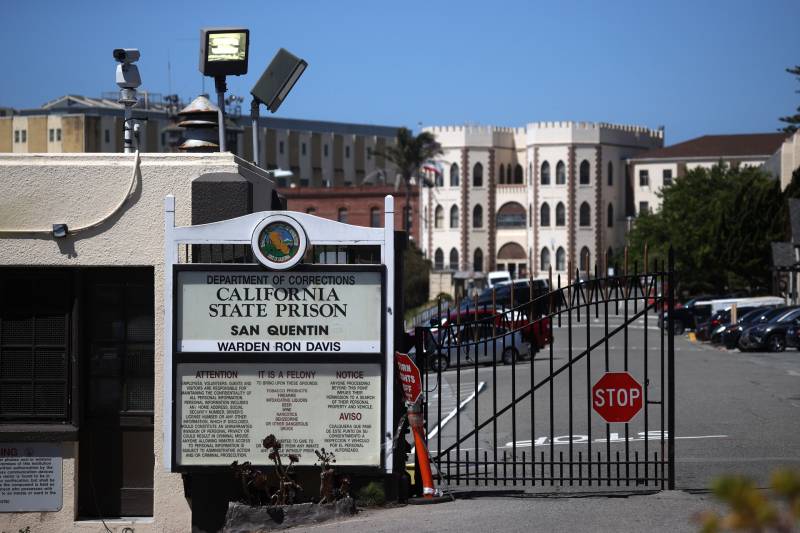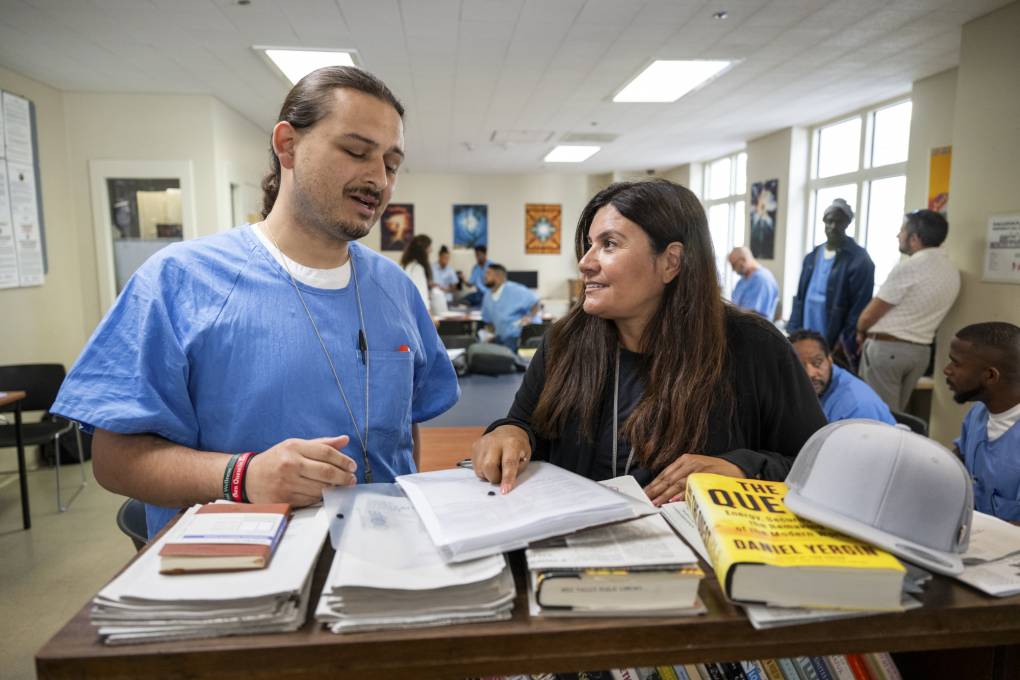"There are now more dead on what was 'Condemned Row' in five weeks from the COVID transfer than in 15 years from executions," said Billie Mizell, an activist and death row opponent, late Friday.
Inmate advocates and legislators are calling for stronger protections and changes at the prison, after more than 100 medically vulnerable inmates from the California Institution for Men (CIM) were transferred to San Quentin. At the time of the transfer, CIM was in the midst of its own COVID-19 outbreak and San Quentin had no known active cases of the virus among its incarcerated population.
Now the Marin County state lockup is scene to one of the largest coronavirus outbreaks in the country.
At an informational hearing earlier this week, state Sen. Nancy Skinner, D-Berkeley, who chairs the Senate's Public Safety Committee, said the decision to transfer those prisoners "raises significant questions about CDCR’s handling of this crisis." Skinner has questioned why more testing of inmates was not put in place earlier.
State prison officials say they have now begun the process of requiring testing staff at all of California's correctional institutions.
"It seems clear that the mass infections at San Quentin will lead to more deaths," said James King, the state campaign manager for the Ella Baker Center.
On Thursday, U.S. District Judge Jon Tigar, who is presiding over a longstanding lawsuit over medical care in state prisons, called for a release of medically vulnerable and elderly inmates in California.
Some advocates and family members of prisoners at San Quentin are also calling on the state to release prisoners before the virus spreads further.
Mizell said she's grateful for what Gov. Gavin Newsom has done in placing a moratorium on the death penalty, but that "the moratorium will have been meaningless if the people whose lives were spared are killed from lack of action in response to the pandemic."



